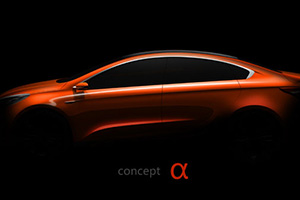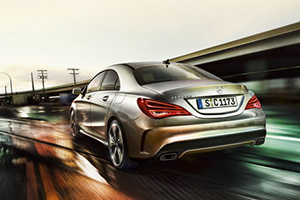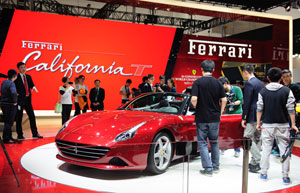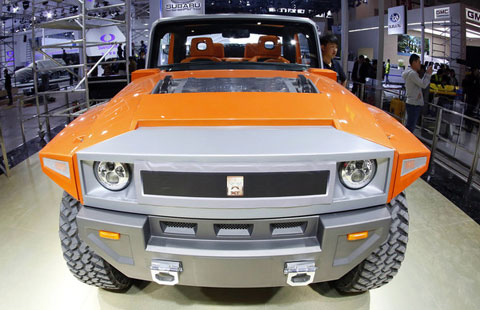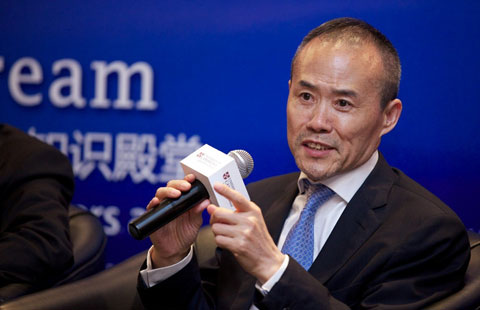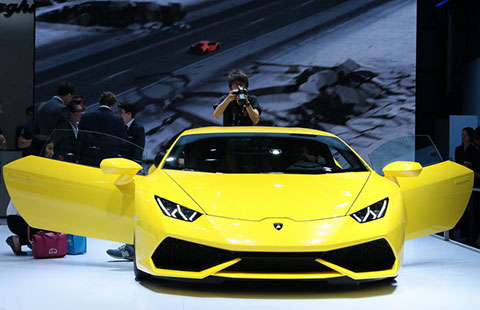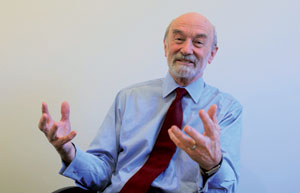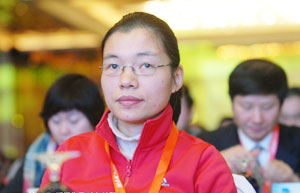E-racing may change shape of transport
By Sun Xiaochen (China Daily) Updated: 2014-04-21 06:56Liu Yu, chairman of the Chinese team, says: "We are very excited that the FIA is launching an electric car racing series. We are proud to be part of it. We also believe this is a good platform for Chinese and global electric vehicle companies to do their part to help create a sustainable planet."
In the first season of racing, each team will drive the Spark-Renault SRT_01E car, Liu says. The Chinese team aims to build its own electric racing cars within three years, supported by domestic electric-vehicle makers, he says.
|
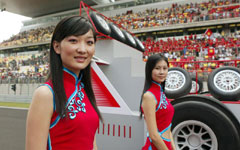 |
|
 |
Some motor racing enthusiasts have queried just how thrilling the new cars will be. Formula One chief Bernie Ecclestone decried sound-reduction measures that he said were robbing his sport of its excitement.
But Agag seems to be in no doubt about Formula E's potential for entertainment. The cars can accelerate from 0 to 100 km an hour within 3 seconds and have a top speed of 225km/h, he says. In a recently released video clip of a test drive, the combination of the car's screeching tires, whining engine and the noise from aerodynamic effects produced a sound comparable to that of a jet fighter taking off.
The Italian former Formula One driver Jarno Trulli, who conducted the test drive, has become a fan of the electric racing car.
"From inside the cockpit it feels like driving a proper Formula One car," says Trulli, who used to drive for Renault and Toyota in formula One. "The sound is different but you still hear the engine and gearbox so, in terms of feeling, it's perfect for a racing driver."
In keeping with attempts in motor racing to rein in costs, formula E has imposed a 3 million euro ($4.1 million) budget cap per season for each team and requires new technologies to be shared by at least three teams.
"We think this championship may be the platform to showcase new, better technologies. Then they can be implemented in road cars, changing the shape of transport," Agag says.
- Sany digs deep to lay foundation in Africa
- Decelerating sales don't faze ultra-luxury sports car makers
- Concept cars at Auto Beijing 2014
- Local govt bonds are poised for approval
- Tesla to power up across China, says Musk
- Top 7 highest-paid executives in China
- Foxconn exclusive: China faces at core of Apple products
- Branch established for food safety risk communication
